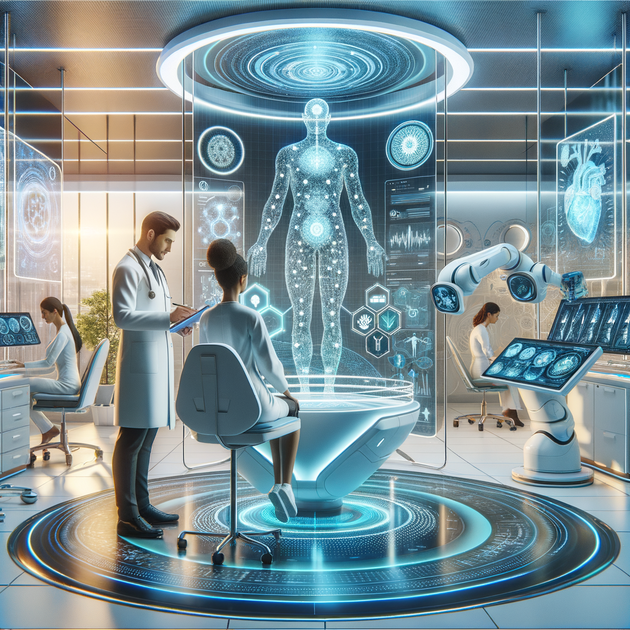The Game-Changers: AI Tools Transforming Healthcare Right Now
Imagine walking into a doctor’s office and receiving a precise diagnosis, a personalized treatment plan, and seamless follow-up care—all powered by artificial intelligence (AI). What once sounded like science fiction is now becoming a reality, thanks to groundbreaking AI tools revolutionizing the healthcare sector. Let’s delve into some of the top AI tools that are currently making waves in the healthcare industry.
A New Era of Diagnosis and Treatment
1. Zebra Medical Vision: Transforming Radiology
Zebra Medical Vision has been a pioneer in leveraging computer vision for radiology. Their AI algorithms analyze medical imaging data to assist radiologists in diagnosing diseases more accurately and swiftly.
2. IBM Watson Health: Personalized Oncology
IBM Watson Health uses AI to provide personalized treatment options for oncology patients. By analyzing a patient’s medical records and correlating them with vast medical datasets, Watson can suggest evidence-based treatment plans.
3. Tempus: Precision Medicine
Tempus combines AI with genomic sequencing to deliver personalized care in oncology. By comparing a patient’s genetic makeup with their clinical data, Tempus can suggest highly tailored treatment options.

Incorporating genomic data allows for a level of precision in treatment that was previously unimaginable.
AI in Everyday Patient Care
4. Babylon Health: AI-Powered Telemedicine
Babylon Health combines AI and telemedicine to offer virtual healthcare consultations. Patients can input their symptoms into the app, which utilizes AI to provide preliminary diagnoses and recommendations for further action.
5. Olive: Automating Routine Healthcare Tasks
Olive utilizes AI to automate repetitive administrative tasks, such as insurance verification, patient billing, and appointment scheduling, freeing up healthcare professionals to focus on patient care.
Challenges and Ethical Considerations
While the potential benefits of AI in healthcare are enormous, it’s important to acknowledge the challenges and ethical concerns involved. AI tools must comply with strict regulatory standards, and being FDA-approved is not always synonymous with providing true value.
As Nigam Shah, PhD, Chief Data Scientist for Stanford Health Care, aptly puts it, “Just because a tool is FDA-approved does not mean it provides value. You want tools that truly improve patient outcomes and streamline healthcare delivery.”
The Road Ahead
As we move into the future, the integration of AI in healthcare will only continue to grow. Organizations need to focus not only on the technological advancements but also on the implementation of these tools to ensure they meet real-world needs and ethical standards.
What do you think? How do you envision AI transforming healthcare in the next decade? Share your thoughts and experiences in the comments below!
